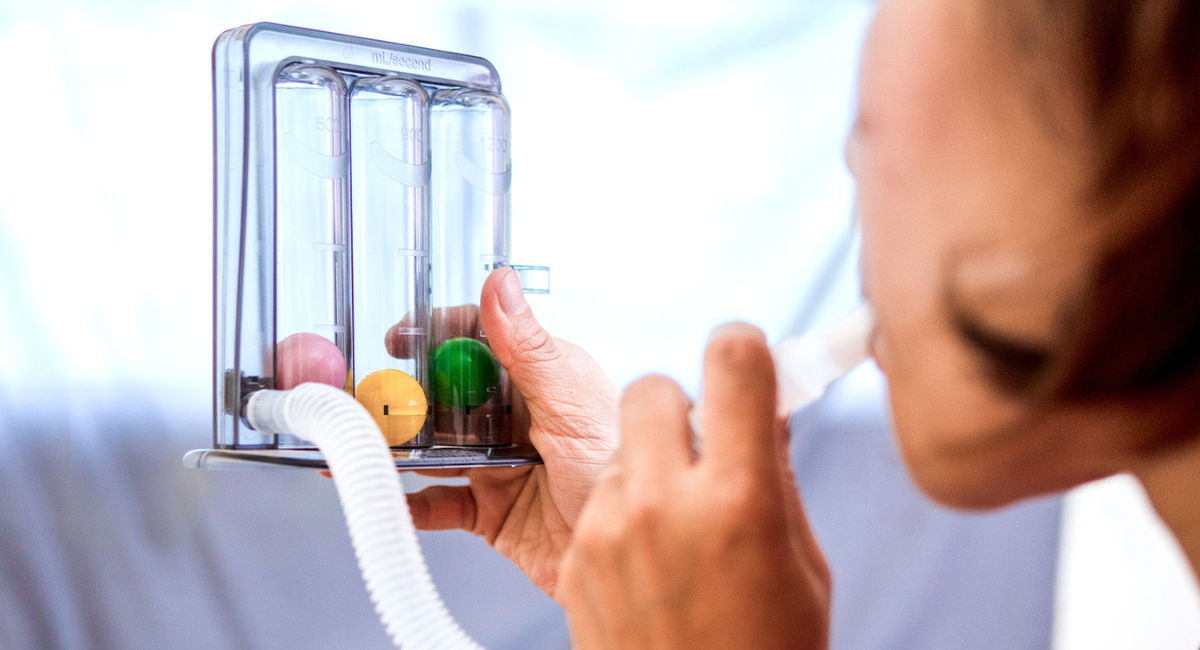
Breath of Hope: Tuberculosis and the Role of Respiratory Rehabilitation
Tuberculosis (TB), often referred to as the “silent killer,” has plagued humanity for centuries, silently claiming lives and leaving devastation in its wake. Despite significant progress in diagnosis and treatment, TB remains a global health threat, particularly in resource-limited settings. However, amidst the challenges posed by this ancient disease, there is scope for better management of the condition: respiratory rehabilitation. Let’s understand the condition and how to manage it better on World Tuberculosis Day.
Understanding Tuberculosis
Tuberculosis is caused by the bacterium Mycobacterium tuberculosis and primarily affects the lungs, although it can also affect other parts of the body. It spreads through the air when an infected individual coughs, sneezes, or talks, making it highly contagious. TB can lead to symptoms such as persistent cough, chest pain, fatigue, weight loss, and fever. If left untreated, it can be fatal.
The Role of Respiratory Rehabilitation
Respiratory rehabilitation plays a crucial role in the comprehensive management of TB, especially in the context of multidrug-resistant TB (MDR-TB) and extensively drug-resistant TB (XDR-TB). Here’s how respiratory rehabilitation can help:
- Pulmonary Function Improvement: TB often causes lung damage, leading to reduced pulmonary function and respiratory complications. Respiratory rehabilitation includes exercises and therapies designed to improve lung function, enhance respiratory muscle strength, and increase lung capacity. These interventions can help individuals breathe more easily and effectively.
- Symptom Management: Respiratory rehabilitation programs address common symptoms associated with TB, such as chronic cough, shortness of breath, and fatigue. Through a combination of breathing exercises, airway clearance techniques, and symptom management strategies, individuals with TB can experience relief and improved quality of life.
- Exercise Training: Physical activity is an integral component of respiratory rehabilitation for TB patients. Exercise training tailored to individual capabilities helps improve cardiovascular fitness, stamina, and overall physical well-being. Regular exercise also boosts immunity, reduces inflammation, and supports the body’s natural healing processes.
- Nutritional Support: Malnutrition is a common complication of TB, contributing to disease progression and treatment complications. Respiratory rehabilitation programs often include nutritional counseling and support to address dietary deficiencies, promote healthy eating habits, and optimize nutritional status. Adequate nutrition is essential for strengthening the immune system and enhancing treatment outcomes.
- Psychosocial Support: Dealing with TB can take a toll on mental and emotional well-being, leading to stress, anxiety, and depression. Respiratory rehabilitation services incorporate psychosocial support mechanisms, such as counseling, peer support groups, and stress management techniques, to address the psychological impact of the disease and foster resilience.
- Treatment Adherence: Respiratory rehabilitation programs play a vital role in promoting treatment adherence and continuity of care among TB patients. By empowering individuals with education, self-management skills, and ongoing support, these programs help ensure that patients adhere to their medication regimens, attend medical appointments, and actively participate in their recovery journey.
In conclusion, respiratory rehabilitation serves as a cornerstone of comprehensive TB management, offering holistic support to individuals affected by this formidable disease. By addressing pulmonary function, symptom management, exercise capacity, nutritional status, psychosocial well-being, and treatment adherence, respiratory rehabilitation contributes to improved health outcomes, enhanced quality of life, and renewed hope in the fight against tuberculosis. Let us continue to champion respiratory rehabilitation as a powerful ally in the battle against TB, providing a breath of hope to those in need.
Related
BY: Sukino
COMMENTS: No Comments
